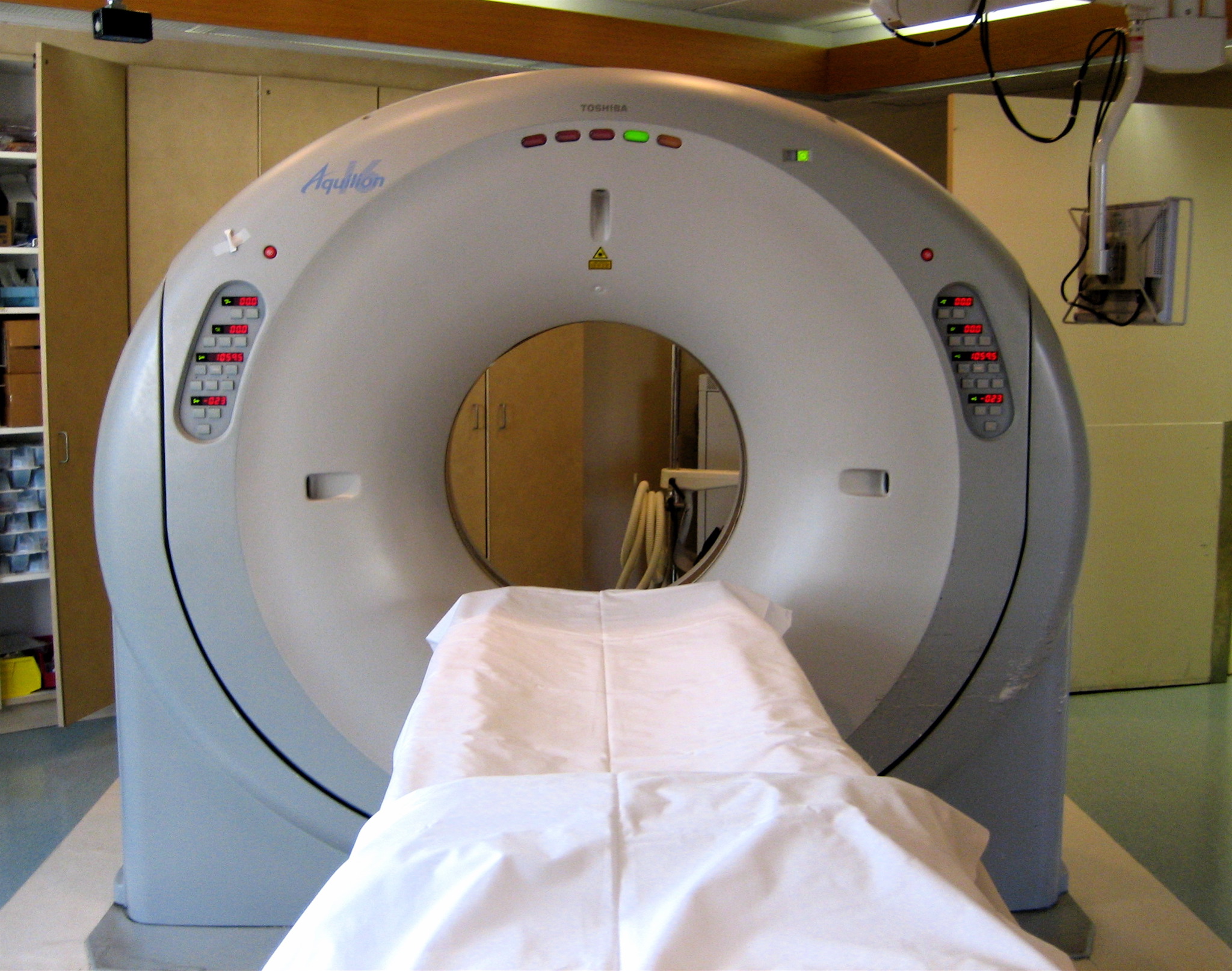Listicles for College-Level ESL
The word "listicle" is a combination of the words "list" and "article." You have seen them before. They pop up all over the internet with titles like "5 Best" or "10 Top Reasons" or even "100 Ways to..." Each listicle is a blogpost organized around a prioritized list and is essentially a series of paragraphs where the heading declares both the topic of the paragraph and its rank in a prioritized list. As such, listicles attempt to persuade the reader to do something or accept an opinion based on a list of justifications.Below is a list of listicles arranged by field of study. These blog posts were written by my students at Ahuntsic College in the context of their 101 B-block course in September, 2015. The goal of the assignment was to provide a number of reasons to choose a particular field of study. As their first writing assignment, they represent each student's first foray into blog writing.
The Listicle Assignment
As part of an effort to promote digital literacy, I required a number of features that are common to listicle blog posts. I asked that they add an image related to their field with the appropriate attribution, so I recommended that they search Wikimedia Commons, a repository of share-with-attribution and public domain images. I also asked for headings, a minimum of 350+ words, and the elimination of all errors using an online ESL grammar checker. Though the grammar checker system did not catch all of their errors, my intention was to train them to use a revision strategy that would serve them in the future when they no longer had access to an ESL teacher to proofread their writing. Finally, to promote group cohesion and productivity, I gave a point for having received a comment on their blog post. To get the point, they had to find someone to read their articles.The Listicle Evaluation
Evaluations were easy to do. Students did two anonymous peer evaluations of classmates' listicles after submitting a link to their own listicle using a Moodle plugin on Labodanglais.com. To ensure the reliability of the peer assessment, I used an illustrated checklist--the same checklist I used when I did my evaluation. I find that using binary assessment criteria ensures that the number of requests to explain scores and feedback is zero. See below for a screenshot of part of the checklist I used.Reflection
Considering that so many of my students are not headed directly to university, the academic essay did not seem to be the best choice of writing assignment for this student population. The listicle, however, has qualities that can serve both academic and non-academic stream students. It is structured, persuasive, and requires paragraphing and revision strategies. In this way, it allowed the students to work toward the 101 b-block writing competency while exploring and reinforcing their own motivation for their choice of program.More importantly, the task is authentic. This type of blog post is a common discourse model in the blogosphere. Learning to do it will help learners develop their own content marketing strategies that should serve them in business and further education. The conversational tone of the listicle supports speaking fluency, making it a worthwhile writing task for a course with the stated goal of "a degree of fluency" since overemphasizing formal registers has been found to reduce integrativeness in second language learners.
There are other reasons why students should write blogs in their Cegep ESL courses, but if you are already convinced, there is a textbook for blogging in Cegep 101B or 102B that you can try.
Accounting and Management Technology
 |
| By Chisholm, Hugh, ed. (Encyclopædia Britannica 1911) [Public domain], via Wikimedia Commons |
Business
 |
| Joe Mabel [GFDL (http://www.gnu.org/copyleft/fdl.html) or CC-BY-SA-3.0 (http://creativecommons.org/ licenses/by-sa/3.0/)], via Wikimedia Commons |
Communication
Dental Hygiene
Diagnostic Imaging
 |
| By liz west from Boxborough, MA (CAT scan Uploaded by Jacopo Werther) [CC BY 2.0 (http://creativecommons.org/ licenses/by/2.0)], via Wikimedia Commons |
Electrophysiology
Finance
Health Science
Journalism
Medical Records Management
Paralegal Technology
 |
| By Peregrine981 (Own work) [Public domain], via Wikimedia Commons |
Physical Education
Police Technology
 |
| By SPBer (Own work) [CC BY-SA 3.0 (http://creativecommons.org/ licenses/by-sa/3.0)], via Wikimedia Commons |
Prehospital Emergency Care
| By Mtlfiredude (Own work) [CC BY-SA 3.0 (http://creativecommons.org/licenses/by-sa/3.0)], via Wikimedia Commons |


No comments:
Post a Comment